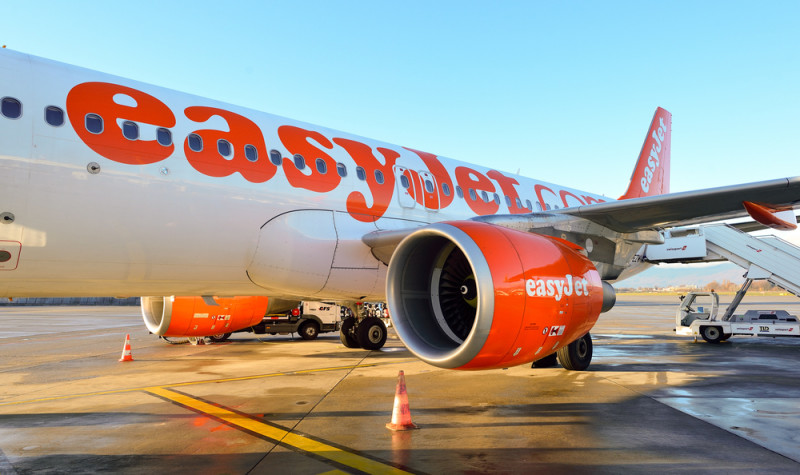Two FTSE 250 shares set to recover as vaccine rollouts continue

Robert Stephens, CFA, discusses the outlook for two FTSE 250 shares that have been particularly hurt by the Covid-19 pandemic.
Retailers and airlines have been two of the hardest-hit sectors during the Covid-19 pandemic. For instance, Marks & Spencer (LON:MKS) reported a 20% decline in pre-tax profit in 2020 as a result of store closures and reduced footfall. Meanwhile, easyJet (LON:EZJ) reported a £1.3 billion loss in the year to 30 September 2020 due to a 50% reduction in passenger numbers.
More financial pain could be ahead for both companies due to ongoing containment measures. However, their financial positions suggest they can survive further challenges to enjoy stronger trading conditions as vaccine rollouts prompt the reversal of lockdown measures.
Retail opportunities in a crisis
In 2020, high street footfall in the UK declined by 43%. Any retailer, including M&S, that relies on in-store sales is likely to have experienced a severe decline in financial performance that will continue for a sizeable portion of 2021.
However, this situation is unlikely to persist indefinitely. The vaccine rollout means that consumers will eventually return to high streets, which should lift the company’s sales prospects. In the meantime, its plan to reduce operating expenses by £500 million this year and successful renegotiations with existing lenders mean that it has the financial capacity to use improving market conditions to its advantage.
Notably, the firm is now heading even more quickly towards a digital future. Its joint venture with Ocado provides growth opportunities not only in an increasingly popular online grocery market, but could also stimulate sales of clothing and home items. With 36% of UK retail sales now conducted online (versus 16% five years ago), the company’s late arrival to the digital age could spark increased sales and profitability.
Trading on a forward price-earnings ratio of 10 using next year’s forecast earnings, Marks & Spencer’s shares do not appear overvalued. Undoubtedly, more pain is likely to be ahead as the cost of the pandemic on employment levels becomes clearer. However, the company could be a beneficiary of a shift online, as well as a return to rising footfall across the UK.
A path to recovery among airlines
Airlines such as easyJet have experienced even worse trading conditions in the past 10 months than retailers. It has no means of adapting its business model to fully offset reduced demand for flights and restricted schedules caused by the pandemic.
Survival has been, and remains, the key focus for the industry. easyJet has secured more than £4.5 billion in liquidity since the start of the pandemic. It has also cut operating costs and reduced capital expenditure to a minimum to lower cash burn.
Forecasting when airlines will return to 2019 levels of demand is an impossible task. However, as the vaccine rollout continues, it is likely that lockdown measures and flight restrictions will fade. This may provide the company with an opportunity to meet pent-up demand from consumers who have been unable to carry out their travel plans for many months.
The company’s position as a budget airline may provide a competitive advantage. Rising unemployment could mean many consumers become more price conscious. Trading on a forward price-earnings ratio of 13 for the 2022 financial year, easyJet could make gains as the Covid-19 pandemic gradually fades.
Comments (0)